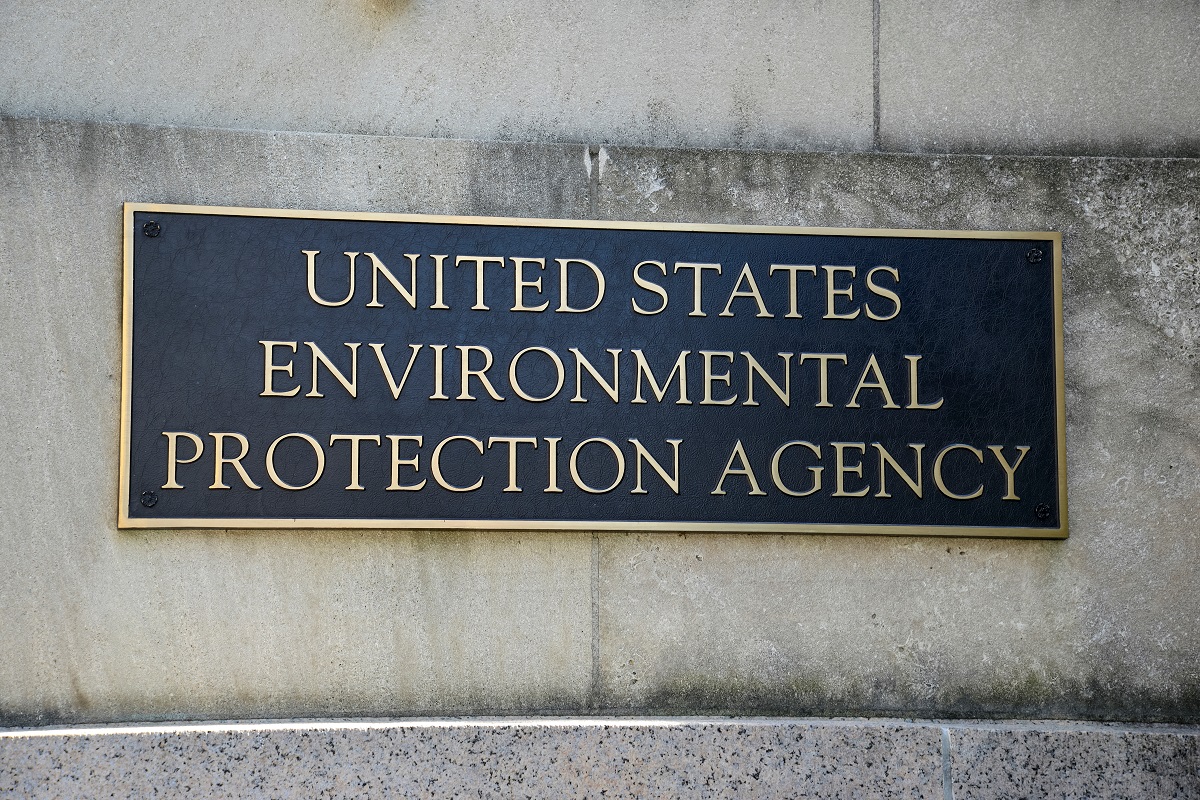As a new administration arrives in Washington, D.C., few things are certain except that 2021 is sure to be an eventful year.
While underlying partisan jockeying and prospects for bipartisan cooperation will greatly affect what may happen in the more limited context of chemical regulation, the Biden administration has already laid out priorities on the environment that will surely influence the U.S. Environmental Protection Agency’s (EPA) positions on climate change, the role of science, and regulation in general.
The new administration has already rejoined the Paris Accord. Climate issues will be part of the U.S. foreign policy agenda, with more spending on international programs and research to find climate solutions, along with explicit mention of addressing climate change as part of American policy concerns. Part of this effort can include re-engagement with the global community to reach more aggressive carbon reduction goals, coordinate research, and develop joint approaches to the climate crisis.
Reversing climate policies will be only a small part of undoing the “damage” done by the former administration. Such emphasis will be a guiding factor for many federal programs and actions across EPA and other government agencies. For pesticides and chemicals, this will include revisions to Trump-era decisions on implementing the 2016 Frank R. Lautenberg Chemical Safety for the 21st Century Act (Lautenberg) amendments to the Toxic Substances Control Act (TSCA) (Lautenberg Amendments) and decisions on various specific pesticides (most notably, or most notoriously, chlorpyrifos). Information on the first such actions is shared in the Bergeson & Campbell, P.C. (B&C®) TSCAblog® post Biden-Harris EPA Provides Updates on Chemical Safety Actions.
Environmental justice is emerging as a core component of the Biden administration’s environmental agenda and in particular the role chemical exposures play in disproportionately affecting vulnerable subpopulations and marginalized communities. The nominations of Michael Regan as EPA Administrator and Brenda Mallory to head the White House Council on Environmental Quality (CEQ) demonstrate the seriousness of the Biden Administration’s commitment to environmental justice, as each has a clear record of accomplishment as a champion of the topic.
EPA priorities likely to affect the Office of Chemical Safety and Pollution Prevention (OCSPP) will likely include increases in the EPA budget and emphasis on “more protective” policies regarding pesticide and industrial chemical regulation. Budget increases alone would allow both programs to do more to address statutory deadlines and policy development. The toxics program faces significant statutory deadlines regarding chemical assessments coming due as the 2016 Lautenberg Amendments approach the five-year mark. The pesticide program is under continued pressure to meet decision deadlines for new products under the Pesticide Registration Improvement Extension Act of 2018 (PRIA 4) (the industry fee provisions to contribute resources) and the statutory deadline of October 2022 for completing the 15-year cycle for registration review of all existing pesticides.
 To learn more about what may be expected from the EPA under the Biden administration, join Lynn L. Bergeson, Managing Partner at Bergeson & Campbell, P.C., for the upcoming BLR live webinar, What to Expect From the Biden EPA?, taking place Tuesday, March 30, 2021, from 2:00 p.m. to 3:00 p.m. Eastern time. To learn more about what may be expected from the EPA under the Biden administration, join Lynn L. Bergeson, Managing Partner at Bergeson & Campbell, P.C., for the upcoming BLR live webinar, What to Expect From the Biden EPA?, taking place Tuesday, March 30, 2021, from 2:00 p.m. to 3:00 p.m. Eastern time.
|

